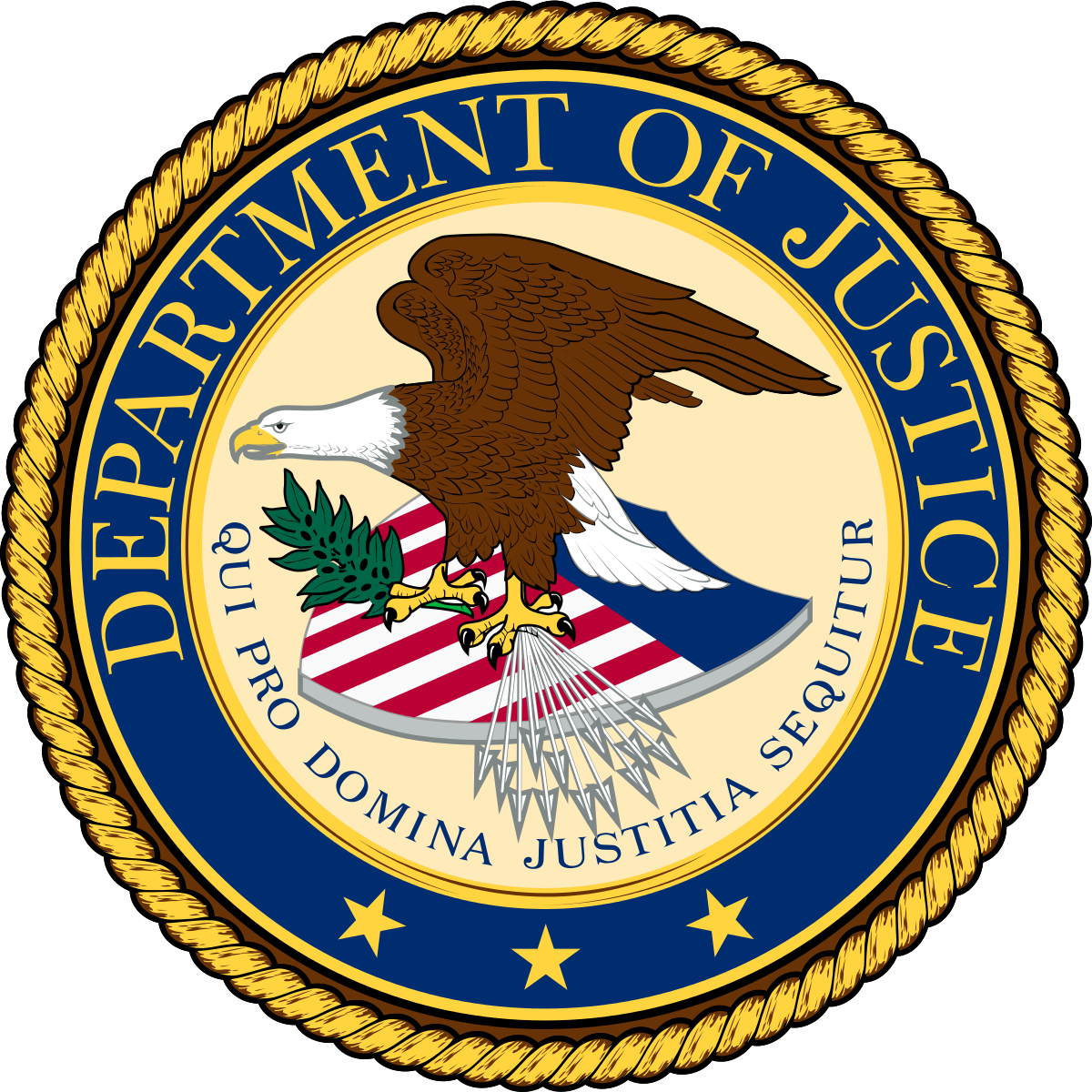The Justice Department is hiring additional litigators, gathering more evidence, and researching Kanter’s likely participation in the inquiry.
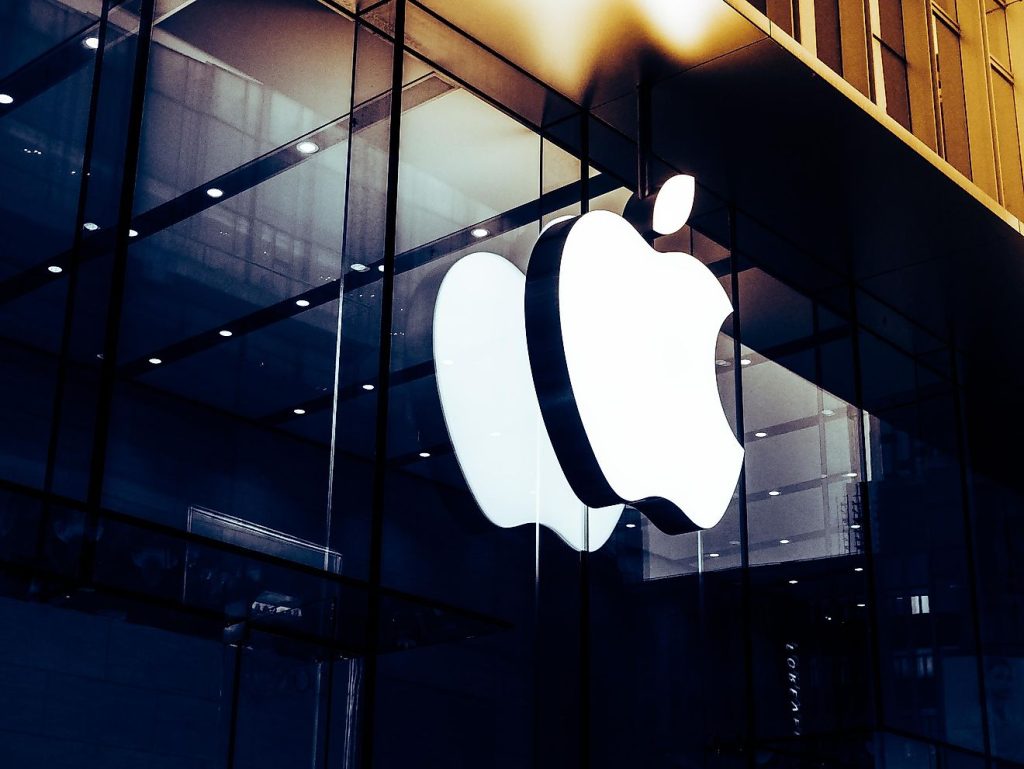
According to persons familiar with the situation, the Justice Department has increased its efforts recently to write a prospective antitrust case against Apple Inc., AAPL 1.10%increase; green up pointing triangle.
The inquiry into whether Apple has monopolistic power that it abuses started in 2019, but enforcers have stepped up their efforts in recent months, according to the sources, with additional litigators now assigned to the case and increased demands for papers and discussions with firms involved.
The Justice Department’s inquiry focuses partly on Apple’s restrictions restricting mobile third-party software on its devices, which have been the subject of most criticism directed at Apple’s competitive tactics. According to the sources, the government is also investigating whether Apple’s mobile operating system, iOS, is anti-competitive by preferring its goods over those of third-party developers.
An Apple representative refused to comment. Apple has previously said that it does not organize its company in a manner that disadvantages developers. It has said that it welcomes App Store competition, especially when applications compete directly with Apple’s goods. A representative for the Justice Department refused to comment.

The participation of the department’s senior antitrust investigator, Jonathan Kanter, in the Apple inquiry has been a source of consternation. According to the sources, the government originally barred Mr. Kanter, who was approved as assistant attorney general for the antitrust division in November 2021, from supervising the Apple case due to his former representation of clients who accused Apple of anti-competitive activity.
According to the sources, the department has since investigated whether Mr. Kanter might be authorized to supervise the investigation and any case against Apple. The status of that procedure could not be established, but sources indicated he would almost certainly be engaged in any case against Apple.
According to The Wall Street Journal, Mr. Kanter was recently allowed to work on another large tech enforcement case involving Google. The Alphabet Inc. business had requested Mr. Kanter’s removal from the case, claiming that he had represented clients who had filed antitrust lawsuits against Google and couldn’t be fair.
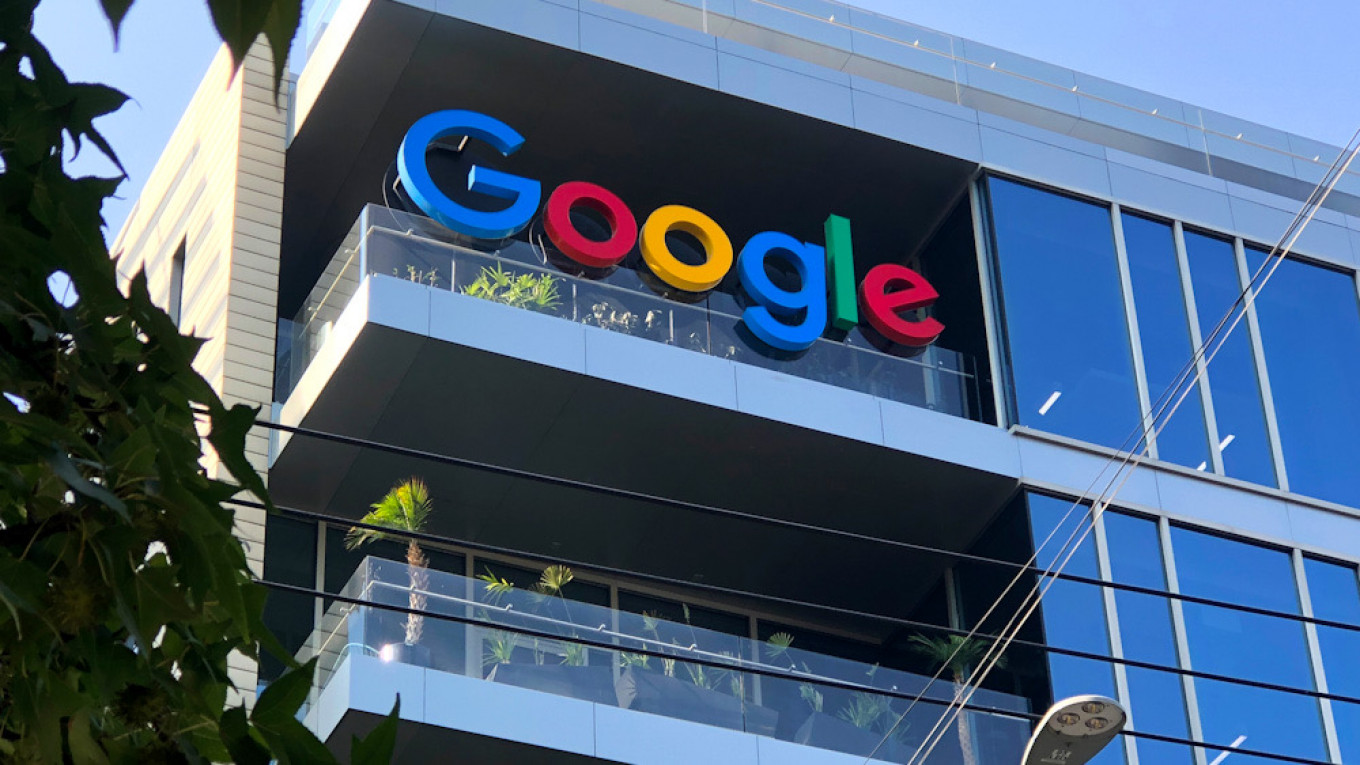
Mr. Kanter helped lead a case the department filed late last month against the search leader, saying it had exploited its dominant position in the digital advertisements industry. Google refuted the charges, claiming that the agency’s initiatives will stifle innovation and boost advertising costs.
According to public financial filings, Mr. Kanter worked with several Apple critics as clients at Paul Weiss Rifkind Wharton & Garrison LLP and, after leaving there in 2020, at his own legal company, Kanter Legal Group, before entering the Justice Department. Among those customers are music-streaming company Spotify Inc., object tracker Tile Inc., messaging provider Blix Inc., and the Coalition for App Fairness. Mr. Kanter’s client testified in a trial over a competition case filed against Apple by Epic Games Inc., the producer of “Fortnite.” Paul Weiss’s spokesperson refused to comment.

According to the sources, the department’s current actions would allow it to file a lawsuit as soon as the spring, but the process may be delayed, or the government might decide not to pursue a legal challenge.
Apple’s App Store regulations have been a target for critics and government regulators worldwide. They have examined whether Apple’s dominance over pricing and distribution of third-party software on its mobile devices hurts competition. According to persons familiar with the probe, the Justice Department’s examination exceeds the App Store’s. It looks into whether Apple utilized its operating system to promote its items, including hardware. By restricting access to iOS, Apple makes the iPhone more appealing and prevents people from moving to Android phones.
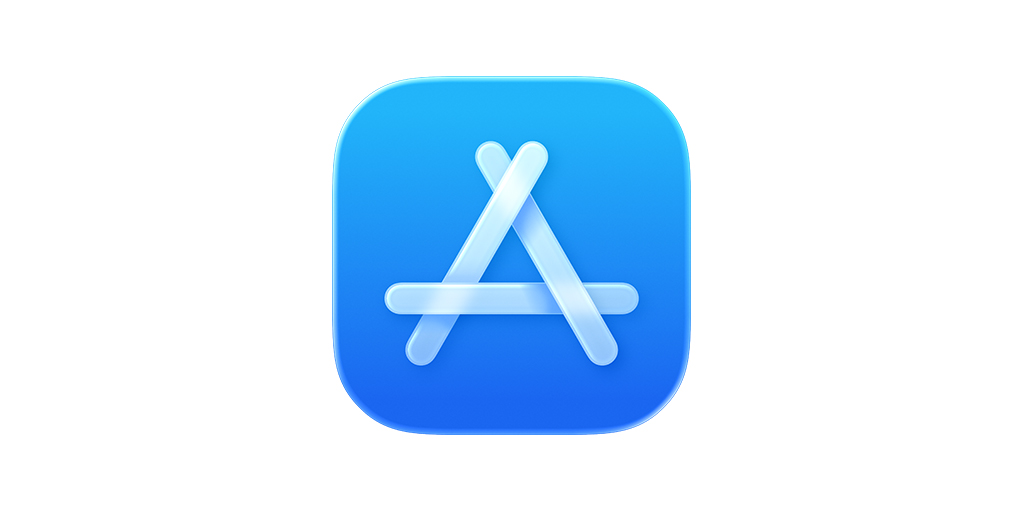
According to those acquainted with the situation, one area of investigation is the experience of Tile Inc., which sells consumer tracking devices. In a 2019 iOS update, Apple changed its tracking tool Find My, putting the business in direct rivalry with Tile.
Apple asked customers whether they wanted Tile’s devices to monitor them as part of the upgrade. Apple’s Find My app is installed by default on iPhones and does not constantly request user-tracking permission. In 2021, Apple will produce an AirTag, a gadget similar to Tile that can monitor anything using the company’s Find My app.
“The practical fact is that this is a perfect example of Apple exploiting customer privacy as a shield to disfavor third-party applications,” Kirsten Daru, Tile’s general counsel at the time, testified before a House panel in 2020.
Apple has said that its Find My service and Tile’s privacy policies vary. Kyle Andeer, an Apple legal vice president, said in 2020 that Apple’s location data is saved locally on the iPhone and is not automatically shared to the cloud, providing consumers with security and privacy advantages.
Apple’s products are intertwined with its operating system in ways that rivals are not. They include iMessage, which Android users cannot use, and AirPods, the company’s headphones with unique pop-ups and other features that make them simpler to use.
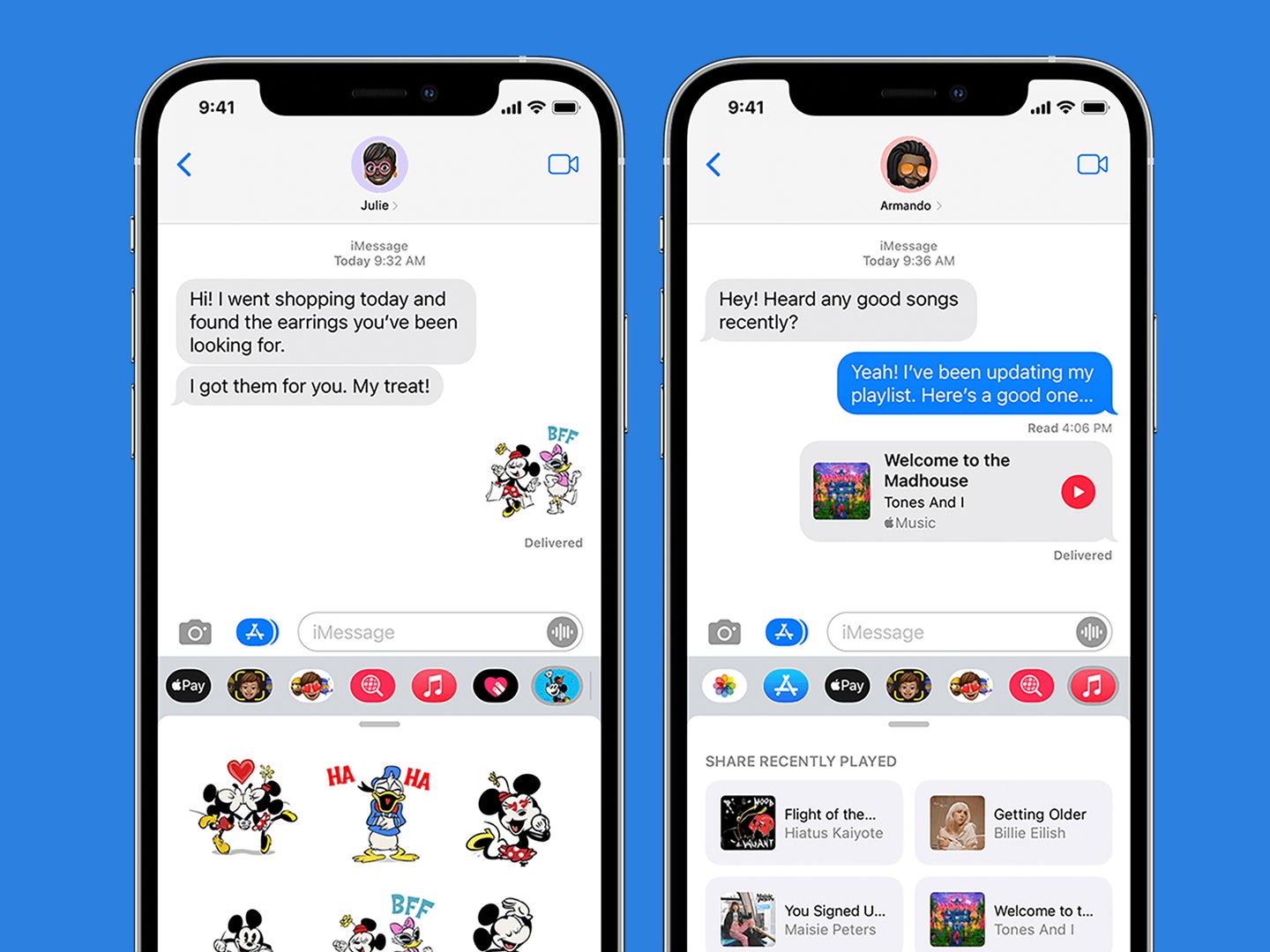
Some rivals have complained that the integration gives them an unfair edge. Apple claims that the tight integration of its hardware and software is a distinguishing quality of its products, making them better for customers.
According to persons familiar with the probe, Justice Department investigators request corporations’ internal sales and market data. According to the sources, the department has started to request information more acceleratedly.
According to persons familiar with the situation, most of the inquiry is handled by the Justice Department’s San Francisco division.
the Politico says Justice Department attorneys are in the early stages of crafting an antitrust case against Apple.
Apple is facing a slew of litigation and enforcement actions throughout the globe that call into question its market dominance. Epic recently went through a two-year court dispute in the United States regarding how Apple pushes the distribution of its applications via the App Store. A U.S. district court ruled in favor of Apple in 2021, but both parties are appealing.
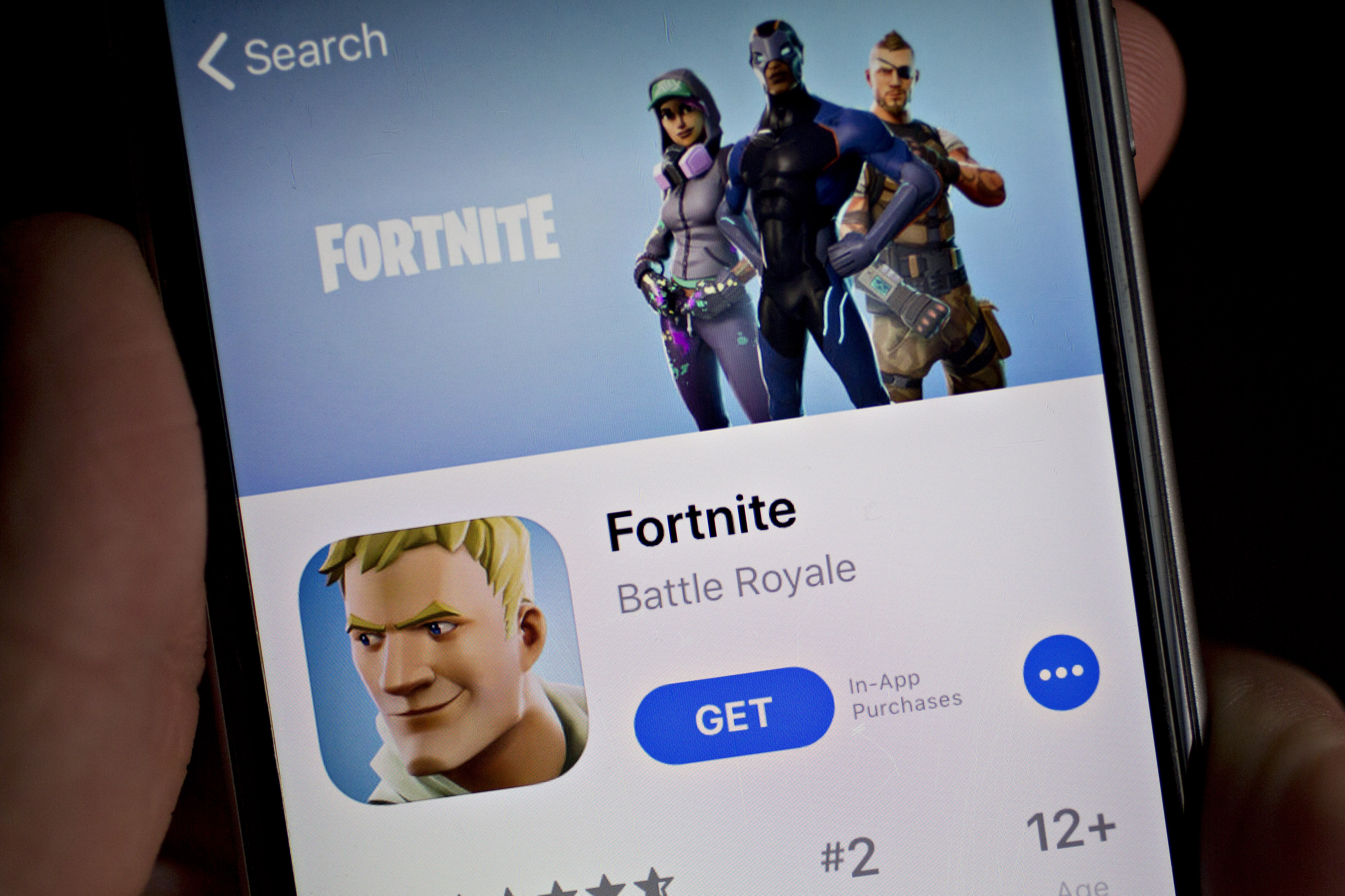
The Justice Department intervened in the Epic case last year, warning that the district court’s judgment narrowly construed the Sherman Act, which forbids behavior restricting market competition. The Justice Department expressed concern that the district judge’s decision may establish a precedent for condoning anti-competitive activities.
The Digital Markets Act, a new European Union regulation, aims to prevent I.T. giants like Apple from profiting from their presence in digital markets like Apple’s App Store for the iPhone and iPad.
Apple has begun to prepare for the new European regulation, which will go into effect in 2024. According to the Wall Street Journal, Apple has already started internally investigating ways to enable rival app stores and third-party software to be put into the iPhone and iPad through a technique known as sideloading.





